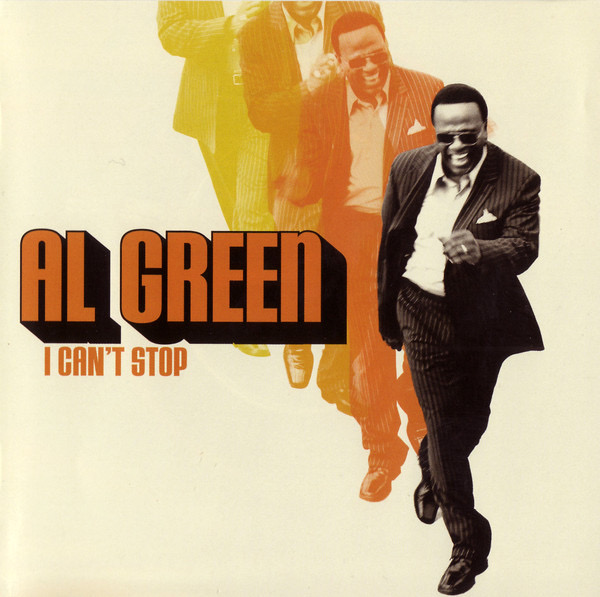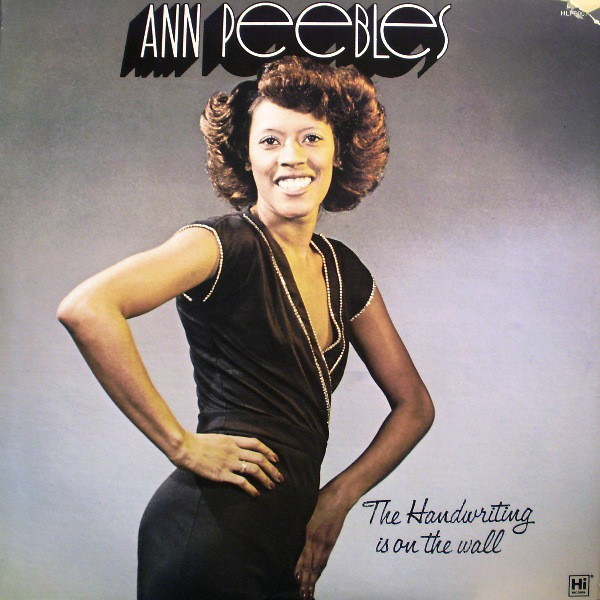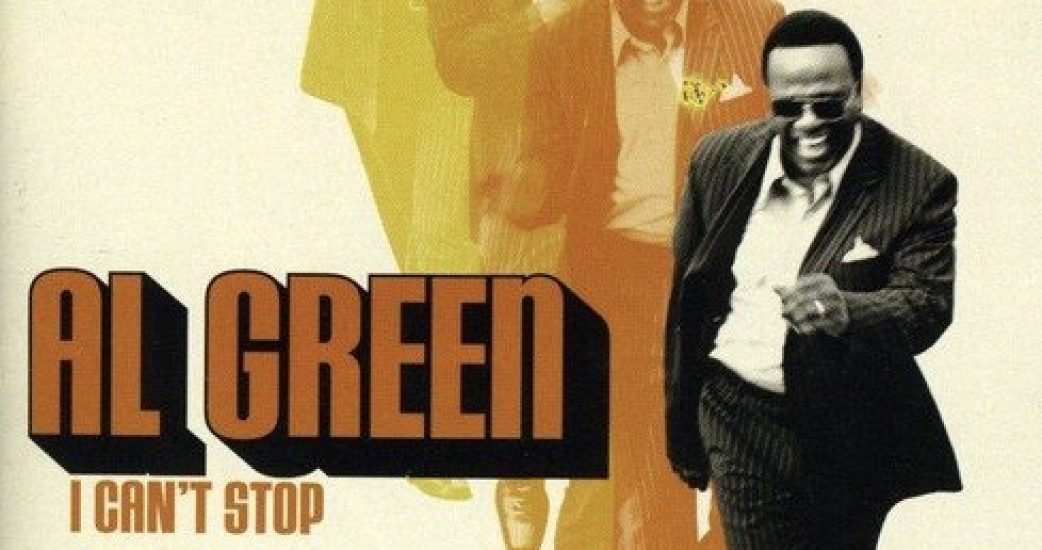Tunes For These Times: Al Green, “I Can’t Stop,” 2003
Editor’s Note: Like many of us self-isolating during the COVID-19 pandemic, I’ve been turning to music. As I pulled out albums from my collection, I discovered a consistent theme — I was selecting favorites that have long brought me joy. I’ve decided to share some of these —and the stories behind them — on a regular basis in hopes they’ll help. I’m choosing to focus on the lesser known recordings by some of our most-cherished musicians. I’ve made sure to only include albums that are widely available on streaming services so they can be safely enjoyed at home. Please stay safe, everybody!
Al Green, “I Can’t Stop,” 2003
Locking eyes on it as I walked into Royal Studios in Memphis with legendary Hi Records producer Willie Mitchell, I took a chance and touched the cigarette burn pockmarked Hammond B-3 organ used on Al Green’s “Love and Happiness.” Mitchell, then 75 in the fall of 2003, and increasingly frail from diabetes, didn’t miss a beat.
“That’s the one alright,” Mitchell confirmed. “You know your soul records.” He waited a beat, allowed a slight smile to widen his pencil-thin mustache and added, “Good.”
In 2003, for the first time since the Jimmy Carter administration, legendary soul singer Al Green had re-teamed with his mentor and the man who twisted the knobs on his biggest hits, including “Call Me,” “I Can’t Get Next to You,” “I’m Still in Love With You,” “Let’s Stay Together” and yes, “Love and Happiness.”
The resulting record, “I Can’t Stop” was so good, I had talked my bosses in the AJC Features Department into fronting a trip to Memphis for me to visit Royal Studios, the iconic converted theater that produced all of Hi Records’ biggest hits in the 1960s and 70s and to talk to the man who had discovered Al Green.

Hiring many of the same Memphis musicians for the sessions — guitarist Teenie Hodges, bassist Leroy Hodges, the Royal Horns, the Memphis Strings and backing vocalists, Donna Rhodes, Charlie Chalmers and Sandra Rhodes with songs written by Green and Mitchell, “I Can’t Stop” sounds like a lost record from Hi’s 1970s heyday.
Mitchell’s Royal Studios production style is instantly recognizable. The sound is as associated with him and Rev. Al as George Martin with the Fab Four at Abbey Road Studios and Owen Bradley’s work with Patsy Cline at Bradley’s Barn in Nashville.
“I Can’t Stop” masterfully recreates that classic compact sound — seductive grooves, punches of horns, swells of strings, wah-wah guitar and of course, Green’s trademark screeches and howls.
Green’s soaring falsetto sets the tone on the opening title track and as Leroy Hodges’ bass settles into the irresistible groove of “Play to Win” on the album’s second track, the listener is hooked. By the time, Green and Mitchell had cut the closing track, “Too Many,” they knew what they had. Consequently, they hung onto to the rights but offered Blue Note Records an exclusive licensing deal to release the album in the fall of 2003.
For a solid month, Mitchell tantalized the suits at the label in New York by Fed Ex-ing along a single track burned onto a CD, the Hammond B-3 drenched ballad, “Rainin’ in My Heart.” Recalled one Blue Note exec to me in an interview, “It was like giving a room of starving people a pack of crackers and telling them to split it. You could literally hear it go down the hall, as our staff passed it from person to person, office to office.”
If there’s an urgency detected on the record, there’s a reason. In 2002, Mitchell had landed in the hospital for eight months. To give him something to focus on, Green, who had not cut a secular soul record in 30 years, kept urging Mitchell to get better so they could make a new album together. The motivation worked.
Recalled Mitchell, who had last worked with Green, an ordained preacher, in 1985 on the religious record, “He is the Light,” he set the singer straight from the start. “I told him, ‘Al, if you want to make another gospel record, you can get the fuck out of here right now. No way did I want to make no gospel record. I said, ‘Let’s go and do something good. Songs about love.’”
And on “I Can’t Stop,” that’s precisely what two soul masters delivered.
To listen to “I Can’t Stop,” go to this YouTube page.

If you like “I Can’t Stop,” check out 2005’s “Everything’s OK,” the final record Al Green and Willie Mitchell would cut together at Royal prior to Mitchell’s 2010 death.
Also check out 1977’s Mitchell-produced “The Handwriting Is on the Wall,” singer Ann Peebles, the highest charting female artist on the Hi Records’ roster, cut an album’s worth of funky female empowerment anthems with titles like “You’ve Got the Papers (I’ve Got the Man).”

Richard L. Eldredge is the founder and editor in chief of Eldredge ATL. As a reporter for the Atlanta Journal-Constitution and Atlanta magazine, he has covered Atlanta since 1990.




